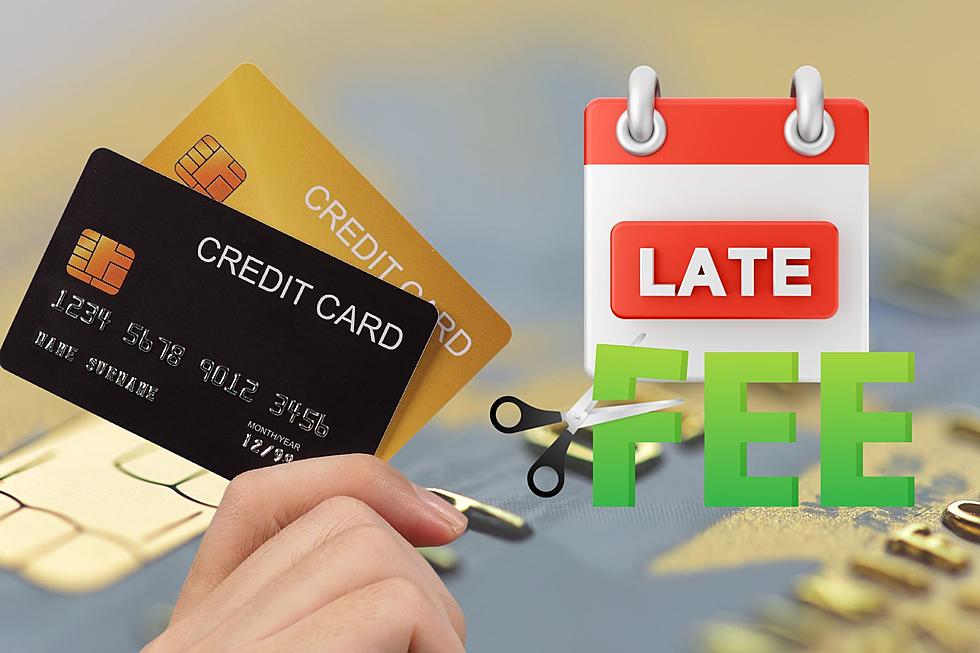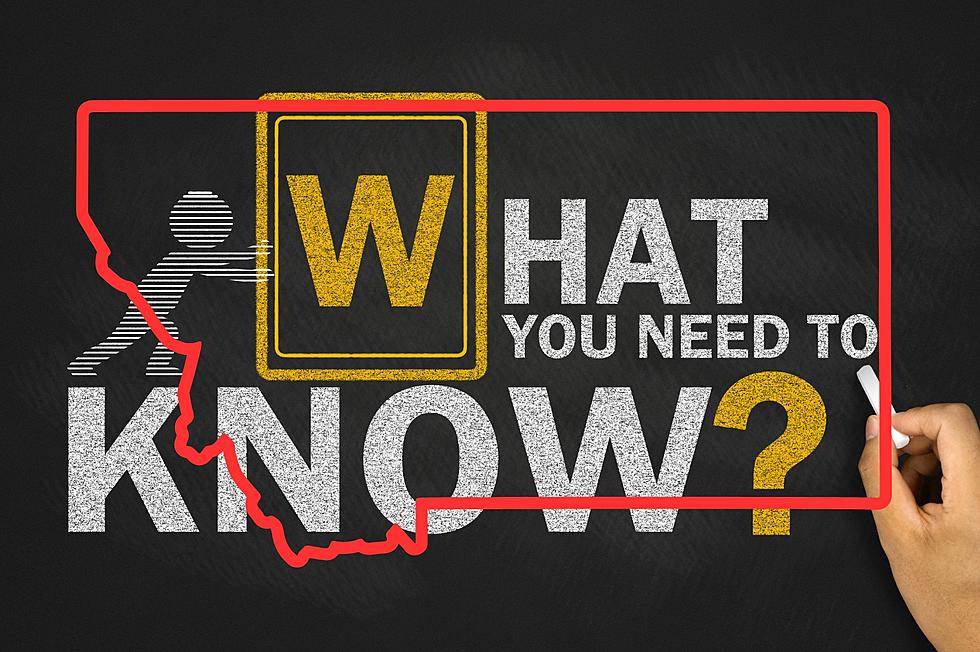
Check It Out: Credit Card Late Fees Significantly Reduced In Montana
I'm sure you've felt the squeeze of random fees hitting your bank account or credit cards at some point in your life.
Staying on this topic, there's been a fair amount of recent talk about junk fees in the news and how the Biden administration is attempting to crack down on them.
I'm all for reducing hidden fees; however, a credit card late fee is a bit different.
Related: New Study Shows Montanans Have Great Credit Ratings
Cracking Down On Junk Fees
President Biden announced that he's rolling out a new Strike Force to crack down on unfair and illegal pricing.
This team, co-chaired by the Department of Justice (DOJ) and the Federal Trade Commission (FTC), is dedicated to cracking down on corporations and holding them accountable for trying to rip off Americans.
Related: Revealing Research: Montanan’s Aren’t Fond Of This Form Of Payment
Unfair And Illegal Pricing In The United States
The Strike Force isn't just for show – it's getting down to business.
Agencies are teaming up to root out illegal corporate behavior that hikes prices on American families.
They're focusing on key sectors like prescription drugs, health care, food, housing, and financial services.
Slashing Credit Card Late Fees In Montana
In another move to ease the burden on consumers, the Consumer Financial Protection Bureau (CFPB) has finalized a rule to cut credit card late fees from an average of $32 to just $8.
This could save consumers a whopping $10 billion a year, promoting fair and competitive markets in the process.
Read Next: Record Breaking Enrollment Reported For Tech Schools In Montana
Causes of Credit Card Debt
Gallery Credit: Dr. T
10 States With The Fewest Credit Cards
Gallery Credit: Kyle Matthews
Ways to Save Money While Going Out to Eat
Gallery Credit: Billy Jenkins



